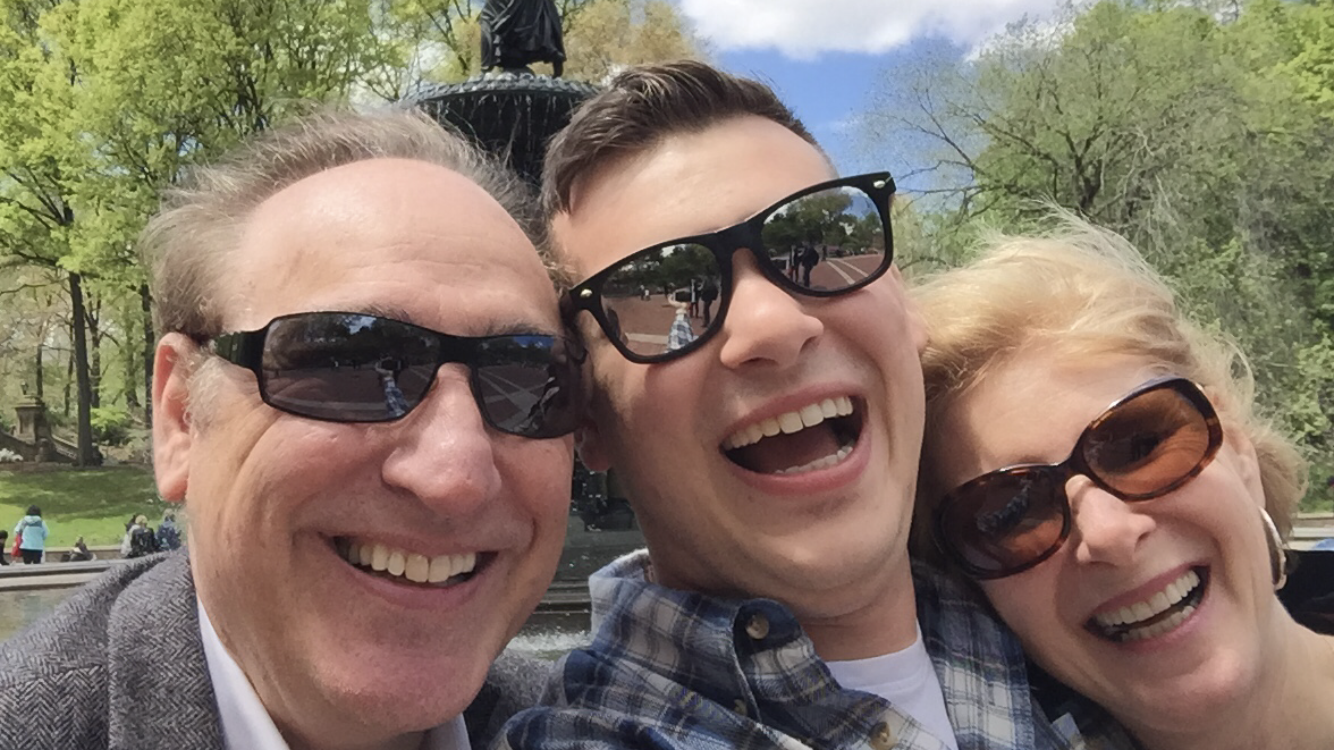My friend Naomi and I were doing our weekly walk on River Rd in Titusville. As we often do, we were reflecting on our lives and learning. Till she said something that stopped me in my sneakers.
“And I don’t have to be perfect!”
“Woah! I love that!” Her honest, vulnerable owning of how her perfectionism had impacted her relationships and her life, had me thinking for days. Oh, how my perfectionist-self has caused me and my loved ones such unnecessary suffering! Our conversation gave me pause to look deeper at the many faces of perfectionism in my life, its cost, its gifts (as surprising as that sounds) and the opportunity…to grow.
First, the Gift of Perfectionism
Being a perfectionist may be what you or a loved one has needed to do to survive or gain acceptance as a child. It also may help you to reach high levels of accomplishment in your work or pursuing your creative passions.
In my home, I grew up with a bipolar mom and a perfectionist dad. Because of my mother’s illness, she didn’t give much attention to details in anything she did, nor did she teach me the skills other moms taught their girls. This led me to look for “the right way” to do things outside of my home. I became resourceful and receptive at finding learning all around me. The downside though was that I believed there was a “right way,” to do things (which my adult self knows is totally false.) I was constantly comparing myself to others and coming up short.
My dad on the other hand corrected my grammar until he was in his late 80’s. Talk about opposites! Yet his expectations that I communicate well inspired me to love writing and to have the deep fulfillment of writing my book, The Affirming Way of Life: See the Good, Speak the Good, Spread the Good. And though personal growth books weren’t something he’d read, I’m sure he’s smiling down on me from Heaven.
While perfectionism can spur us on to work up to our highest potential, it can come at great cost.
The Cost of Perfectionism
The definition from psychology tells a lot: A perfectionist is someone who strives for flawlessness and sets excessively high standards, accompanied by overly critical self-evaluations and concern regarding others’ evaluations of oneself. To a perfectionist, anything that’s less than perfect is unacceptable.
Does that sound anything like you or someone you love or work with? I confess, it is so me.
The cost of perfection as you can see from the definition, and probably know in your gut as I do, is it can guide us to set ridiculously unrealistic expectations of ourselves. Ooh, the countless times I’ve been hard on myself—brutally critical, for not having mastered something new…yesterday. Or for making a mistake…or saying something that may have hurt someone’s feelings…or not being as good as someone else, or not anticipating something I should have…Those are my perfectionist triggers (at least the ones I’m aware of). How about you? What are your triggers that unleash a tirade of self-criticism for not measuring up?
When I was writing my book, I came across some research that has had a profound impact on my awareness of the damage my perfectionist-self causes. And even better it’s given me a healing tool, I hope will help you, too.
Dr. Kristin Neff in her book, Self-Compassion, says it’s human to make mistakes and be imperfect. It’s not just us, but everyone who is imperfect. Because we’re human. What freedom that’s given me!
“It is a beautiful experience being with ourselves at a level of complete acceptance. When that begins to happen, when you give up resistance and needing to be perfect, a peace will come over you as you have never known. ”
Since then, I’ve become a detective in search of noticing when I get down on myself for unrealistic expectations and reframing my response with more acceptance. If I forget something, (isn’t that awful) I will hear myself say in a judgy voice, “Gail, uh, you made a mistake! Why didn’t you think of that?” “Mistake” became a signal word for me to replace what I was saying with kindness and acceptance. “It’s OK Gail. You’re human. Next time you’ll do better.”
Your 4 Takeaway Tips
1. Eliminate the word “perfect” from your vocabulary! Just using the word keeps us hooked to the unrealistically achievable. While you’re at it eliminate “should,” too. “Should” is not a choice but can feel like an expectation of what a perfect person would do.
2. Strive to be human instead of perfect. Embrace your fallible humanity with kindness and self-compassion. Try saying, “It’s OK, you’re human. You’ll do better next time.”
3. Become a detective of your own perfectionism. Discover your trigger experiences that lead you to be self-critical and have unrealistic expectations. Then reframe those statements with kindness and acceptance.
4. Be a good enoughist as my friend Jamie wisely suggested in her book, Less Stress Life. When it’s not important that something be just so, accept it as good enough!
I love coaching people on embracing their humanity and being kinder to themselves. Contact me at gail@uppcoach.com for a free one-hour session to explore some new possibilities to be kinder to yourself. And go to my website www.uppcoach.com to learn more and read reviews about my coaching. Wishing you greater ease and self-acceptance!
I love nothing more than speaking to groups about how to develop a positive mindset; ways to improve their relationships and connections at home or work; and how to create a balanced life you love. You can contact me for more information about talks and workshops at gail@theaffirmingway.com.






